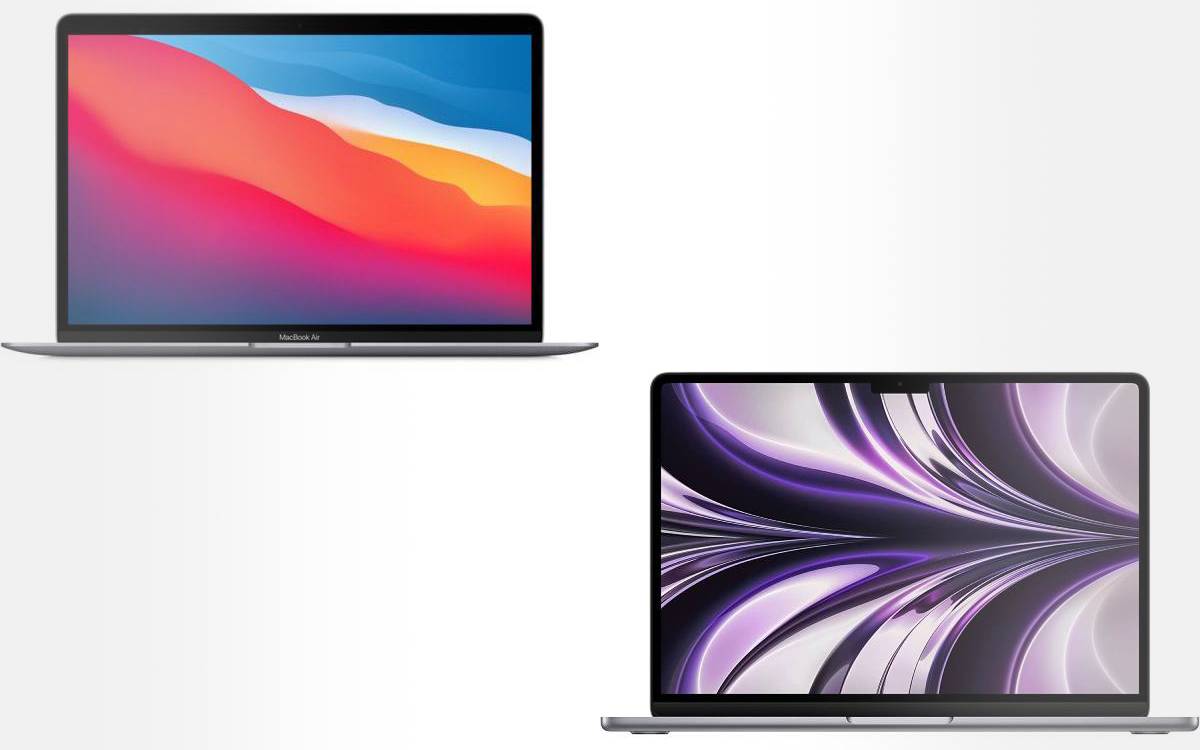In recent years, Apple computers have garnered significant attention for their robust security measures. The allure of these devices extends beyond their sleek design and intuitive user interface; they represent a bastion against the growing menace of cyber threats. As the digital landscape evolves, so too does the sophistication of malicious actors. Apple has not remained complacent, continuously pioneering enhancements to its security protocols. This ongoing battle against vulnerabilities encapsulates not only their technical capabilities but also taps into a deeper psychological fascination with the safety of personal data.
At the heart of Apple’s security architecture lies a commitment to privacy. Features such as FileVault, Gatekeeper, and System Integrity Protection are meticulously crafted to shield users from external incursions. FileVault, for instance, employs advanced encryption techniques to ensure that sensitive information remains inaccessible to unauthorized access. Gatekeeper, on the other hand, scrutinizes applications before they are installed, curbing the chances of unwittingly allowing harmful software onto the system. Together, these elements forge a formidable defense, instilling confidence in users navigating the precarious waters of cyberspace.
However, for many users, the interest in Apple security goes beyond mere functionality. It alludes to a larger narrative regarding ownership and autonomy in a world increasingly dominated by surveillance and data commodification. The undercurrents of this fascination lie in a dichotomy: the tension between convenience and security. As consumers become more cognizant of these dynamics, their affinity for Apple products often derives from a sense of empowerment that accompanies stringent security measures.
Moreover, Apple’s proactive response to emerging security threats invites examination of the broader implications of technological advancements. The rapid proliferation of Artificial Intelligence (AI) and Internet of Things (IoT) devices has amplified the complexities surrounding data integrity, making it imperative for companies such as Apple to remain vigilant. Their foray into machine learning for threat detection exemplifies an understanding that adaptive security is no longer a luxury but a necessity in combating novel cyber threats.
Nevertheless, the allure of Apple’s security features must be tempered with realism. While their advancements are commendable, no system is impervious to attack. Cybersecurity remains an arms race, with adversaries continuously seeking out new vulnerabilities. For consumers, awareness and education are essential; understanding that even the most secure platforms can face repercussions adds an additional layer to the conversation.
As the digital age perpetuates its inexorable march, the security of personal computing devices remains a pressing concern. Apple’s commitment to developing robust security features signals not only a focus on protecting their users but also taps into the deeper societal concerns about privacy and data sovereignty. This multifaceted relationship with technology inspires ongoing dialogue about safety, empowerment, and trust in the digital realm.
